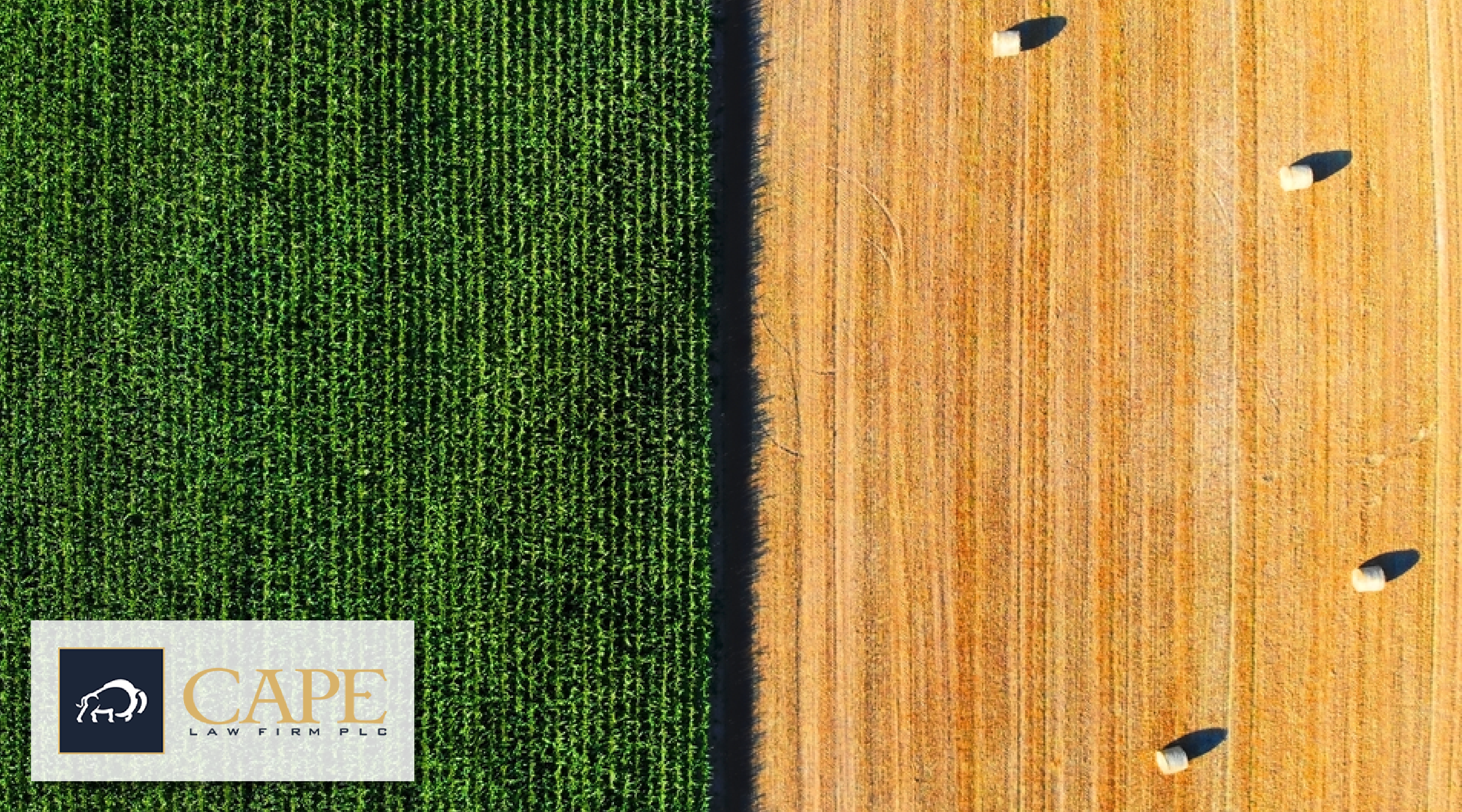Supreme Court Justice Stephen Breyer rides into the Sunset
Justice Breyer announced his retirement this week after 27 years on the bench of the High Court. The process of appointing his replacement is already underway, with President Biden promising to make a nomination by the end of February. Unfortunately, the appointment process has grown increasingly political over the last several years, and this one is likely to continue that trend. Breyer was appointed by President Clinton in 1994 and is generally considered to be on the liberal wing of the Court.
Are Big Genetics getting too much credit for the Corn Belt’s Big Yields?
National Geographic recently reported on an intriguing study by scientists at the University of Nebraska which concluded that the U.S. Corn Belt’s record yields were largely due to climate – not genetic improvements from plant breeding and engineered DNA. The study cuts against widely held conventional wisdom that improved varieties, especially genetically engineered ones, have been the biggest driver of improved yields that are regularly setting corn production records. According to the study’s authors, 48% of yield gain was due to regional climate changes, whereas only 13% was the result of improved genetics. The remaining 39% yield gain was due to better farming practices. While climate change seems to be an odd reason for incredible crop yields, there appears to be evidence that the Corn Belt is making its own weather as a result of its vast size and uniformity. While other regions are experiencing devastating heat and drought, synchronous transpiration and widespread irrigation act together to cool the Corn Belt, making good conditions for corn production. The study’s authors suggest that research and investment in yield improvement may be better reallocated towards greater emphasis on agronomic practices instead of simply focusing on genetic advances.
Bleeding Edge Ag Technology Breakout at IPSA
|
|
The IPSA Annual Meeting featured Ag Technology guru Chad Colby who gave a high level overview of technologies advancing in farming, particularly digital and automation technologies. Chad was quick to point out that many of these tech products aren’t really new, rather they haven’t been adopted in the U.S., or even made it onto the radar of early tech-adopters. In particular, automation has made incredible strides in farm equipment, including combines, sprayers, planters, and tractors. Far beyond simple GPS guidance systems, some of the more developed iterations of automation are being combined with advanced cameras and learning software so that the equipment itself can make adjustments and get better as it works. Precision planters with moisture sensors that automatically adjust planting depth was just one example Chad pointed out. He also dispelled the notion that electric engines were a distant dream for farm equipment, showing several fully electric tractors which manufacturers have rolled out at Agritechnica, one of the world’s largest farm machinery shows.





